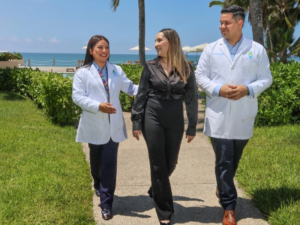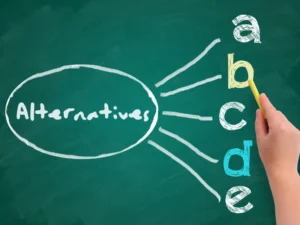Rehabilitation is care in an inpatient center that can help you get back, keep, or improve abilities that you need for daily life. These abilities may be physical, mental, and/or cognitive (thinking and learning). You may have lost them because of a disease or injury, or as a side effect from a medical treatment and may have become a substance abuse disorder. There are other issues such affective disorders such as mood and personality disorders, depressive disorders as well as bipolar disorders. which have arisen from Traumatic events and or long and pervasive trauma.
These substance abuse disorders (drug, alcohol) as well as mood and personality disorders vary depending on the severity of each personal situation. In rehabilitation there is an emphasis on therapy styles as well as an individualized focus of each person’s needs within the program; there are variations of support also integrated.
The following describes the common elements that are present in rehabilitation programs.
Initial assessment:
A comprehensive assessment will determine the nature and severity of the presenting problems related to the substance use and or mental health disorders. This may include medical, psychological, family, spiritual, and social assessments.
Detoxification and or stabilization (if necessary):
In the case of substance abuse disorder, a rehab program may begin with a detoxification process to remove substances from the body under ongoing medical supervision to manage withdrawal symptoms safely with pharmacology interventions as well as person centered support until the person is able to step into the deeper workings mentally and physically of what brought them to abuse substances as a way of coping.
Residential or outpatient treatment programs:
Treatment programs can be residential (where individuals live in the rehab center for a specific period) or outpatient (where individuals attend therapeutic sessions during the day and return home at night). Another aspect is the duration of the treatment, as there is usually intensive treatment, from 15 to 90 days; as well as long term treatment from 90 to 180 days.
Individual therapy:
Regular individual therapy sessions with a therapist or counselor to address specific problems, explore underlying causes of addiction or affective disorder, and develop coping and improvement strategies.
Group therapy:
Participation in group therapy sessions where individuals share experiences, provide support, and learn social and emotional skills; all from a mutual-help approach.
Family therapy:
In some cases, family therapy may be part of the program to address family dynamics, improve communication and strengthen the support system, as well as the family’s pathway to help taking.
Education and psychoeducation:
Education sessions on the disorder in question, its effects, as well as information on coping strategies and relapse prevention.
Pharmacological treatment (if applicable):
In the case of affective disorders, there may be an assessment and, in some cases, the use of prescription medication under the supervision of a mental health professional.
Multidisciplinary approach:
Many programs take a multidisciplinary approach that addresses not only specific symptoms, but also physical, emotional, social, and spiritual aspects of the individual with the goal of identifying possible conditions that may be causal to the current condition.
Therapeutic and recreational activities:
Inclusion of therapeutic and recreational activities that encourage creative expression, relaxation, and the development of social skills, as part of self-knowledge, such as samples of strategies for emotional regulation.
Relapse prevention plans:
Development of personalized strategies to prevent relapse by identifying and addressing triggers and developing coping skills.
Follow-up and ongoing care:
Planning for follow-up and ongoing support after completion of the initial rehabilitation program, which may include ongoing therapy sessions, support groups, and other resources such as contacts from people in recovery, physicians, psychologists, psychiatrists, etc.
It is critical to note that everyone is unique, and rehabilitation programs can be customized to meet the specific needs of each person. The active participation of the individual in his or her recovery process is essential to achieving positive long-term outcomes.
Psic. Edgar Iván Reda Licea
Evaluating Psychologist











